New Yorkers are coming to terms with the implementation of congestion pricing set for midnight on Sunday.
Drivers who enter local streets and avenues south of and including 60th Street in Manhattan will be charged a fee, depending on their vehicle and the time of day.
What You Need To Know
- New Yorkers are coming to terms with the implementation of congestion pricing set for midnight on Sunday
- Some residents on the Upper West Side said they are excited about history being made in the U.S., while others were less enthused
- Supporters say the program will reduce congestion, allowing vehicles like ambulances more mobility, improve health by reducing pollution, minimize car-related injuries and fatalities to pedestrians and cyclists, and improve transit for the 90% of New Yorkers who take the subways and buses
- Opponents say the price is too high and drivers shouldn’t be the ones to bear the cost
Some residents on the Upper West Side said they are excited about history being made in the U.S., while others were less enthused.
“It’s really important for New York to get cars off roads, improve public transportation, really important for the city and the people of the city. I think it’s a good investment for sure,” David Abrams said.
“The cost of living right now is insane right now. It’s really hard to maintain a life here, especially in New York with all the prices going up. It’s hard to even get a breakfast,” Michelle Zaval, a subway rider, said.
The program has had a long lead-up, having been discussed for years and put on pause after a previous attempt to roll it out in June, so New Yorkers have had plenty of time to reflect on how it will impact them.
“I think our resources could be better managed, and I think way the city has been managing the resources, it’s not really going to make much of a difference. I think there’s other things that we can get our funding from and I don’t think congestion pricing is the way to do it,” Jonathan Shalot said.
“I think it’s a necessary thing, something that has been a long time coming and there’s no need to fight it. We need to find funding for these things,” Jessica Erichsen said. “I’m excited for the change, it’s another change in the right direction for New York.”
New York will be the first city in the nation to enact a congestion pricing program, while places like London, Stockholm and Singapore have successfully implemented similar programs to curb their traffic problems.
Supporters say the program will reduce congestion, allowing vehicles like ambulances more mobility, improve health by reducing pollution, minimize car-related injuries and fatalities to pedestrians and cyclists, and improve transit for the 90% of New Yorkers who take the subways and buses.
Opponents say the price is too high and drivers shouldn’t be the ones to bear the cost.




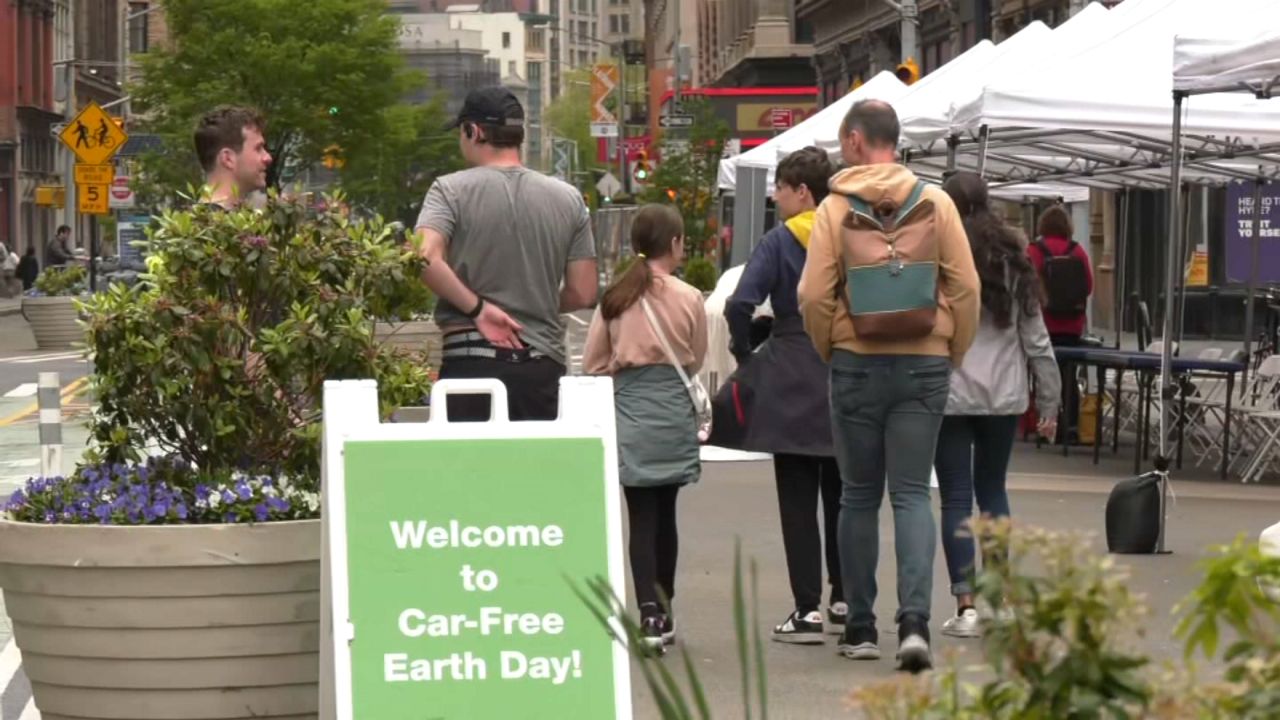
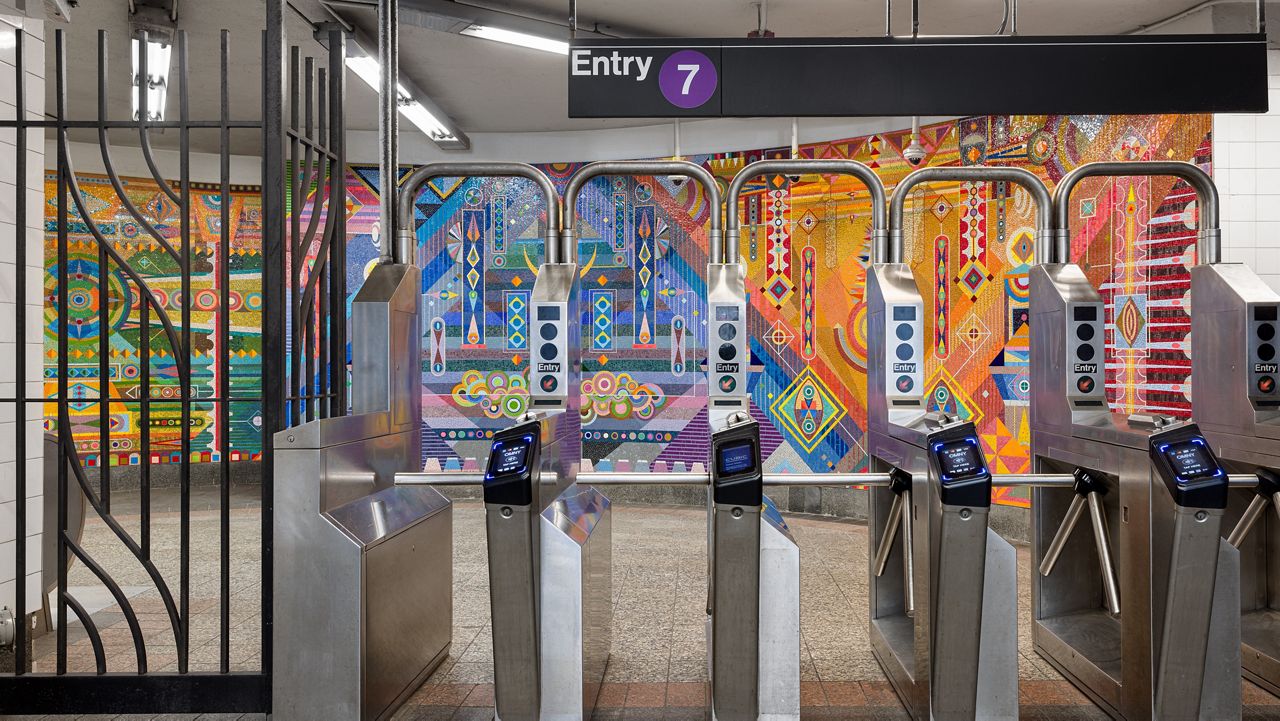
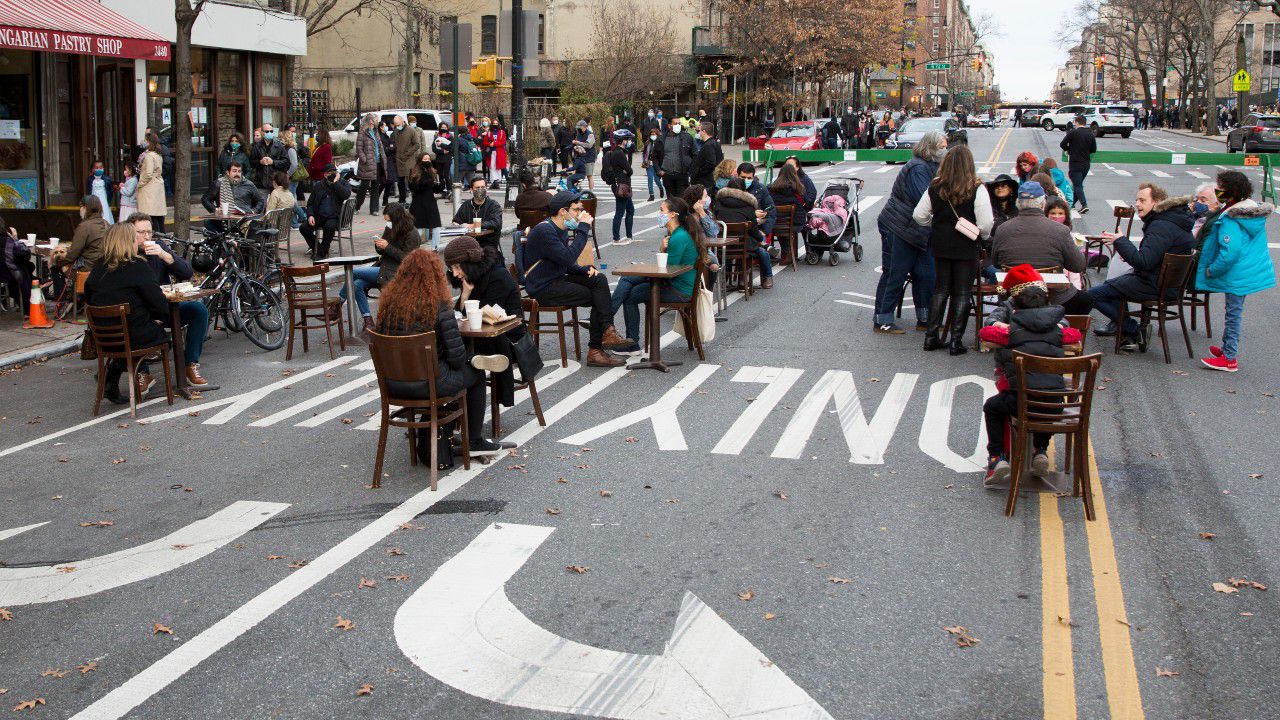
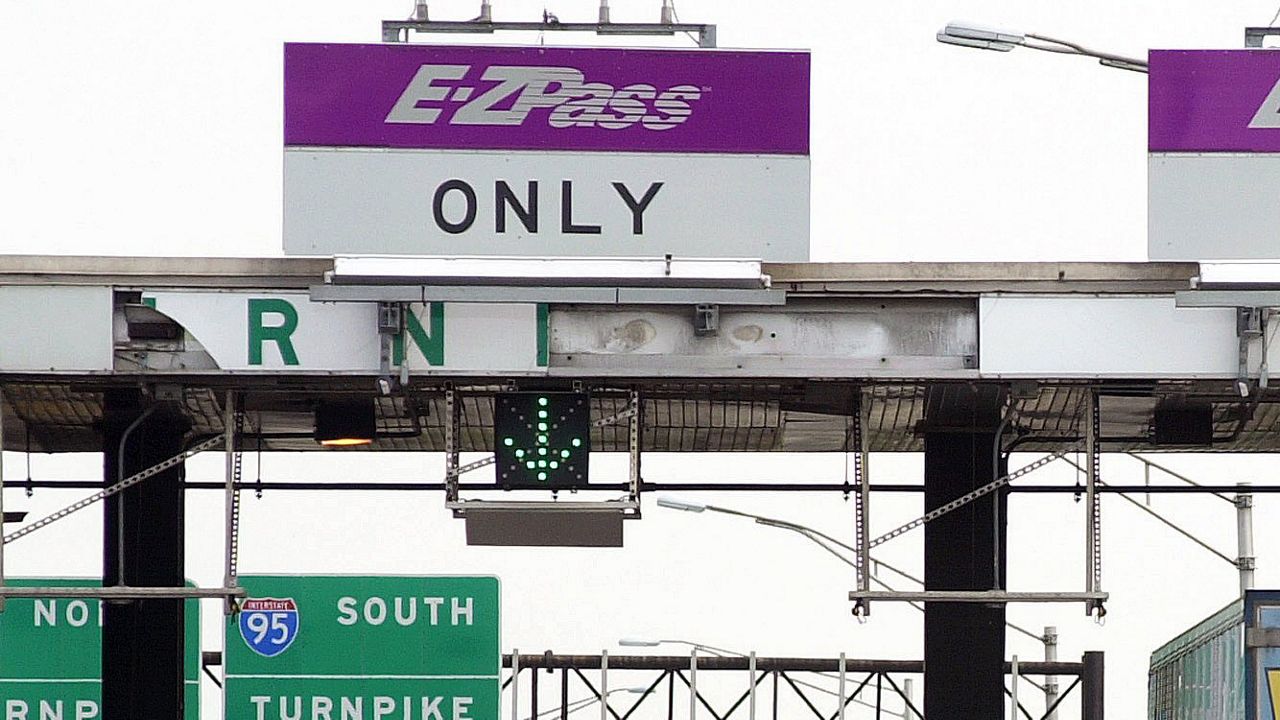
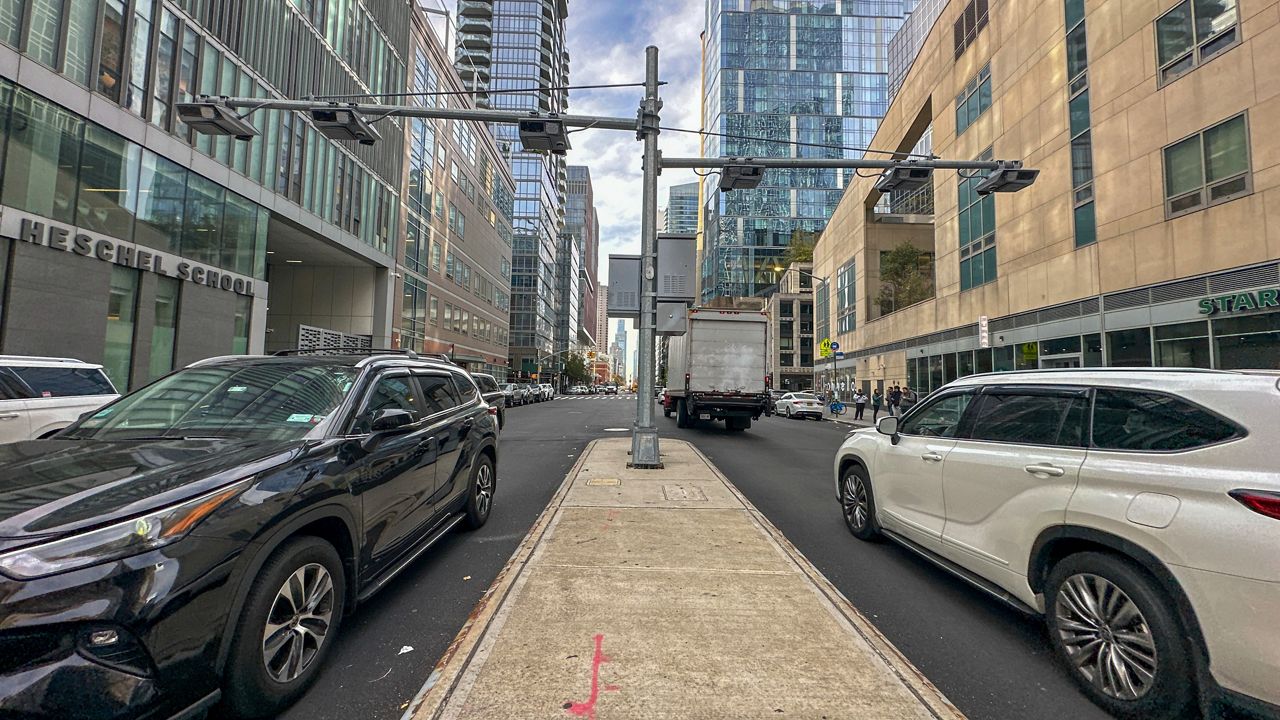
_PKG_DOT_BQE_Improvements_CG_131225588_368)